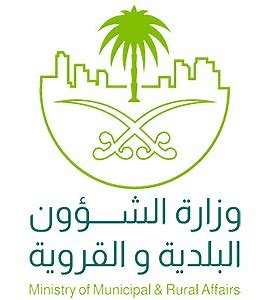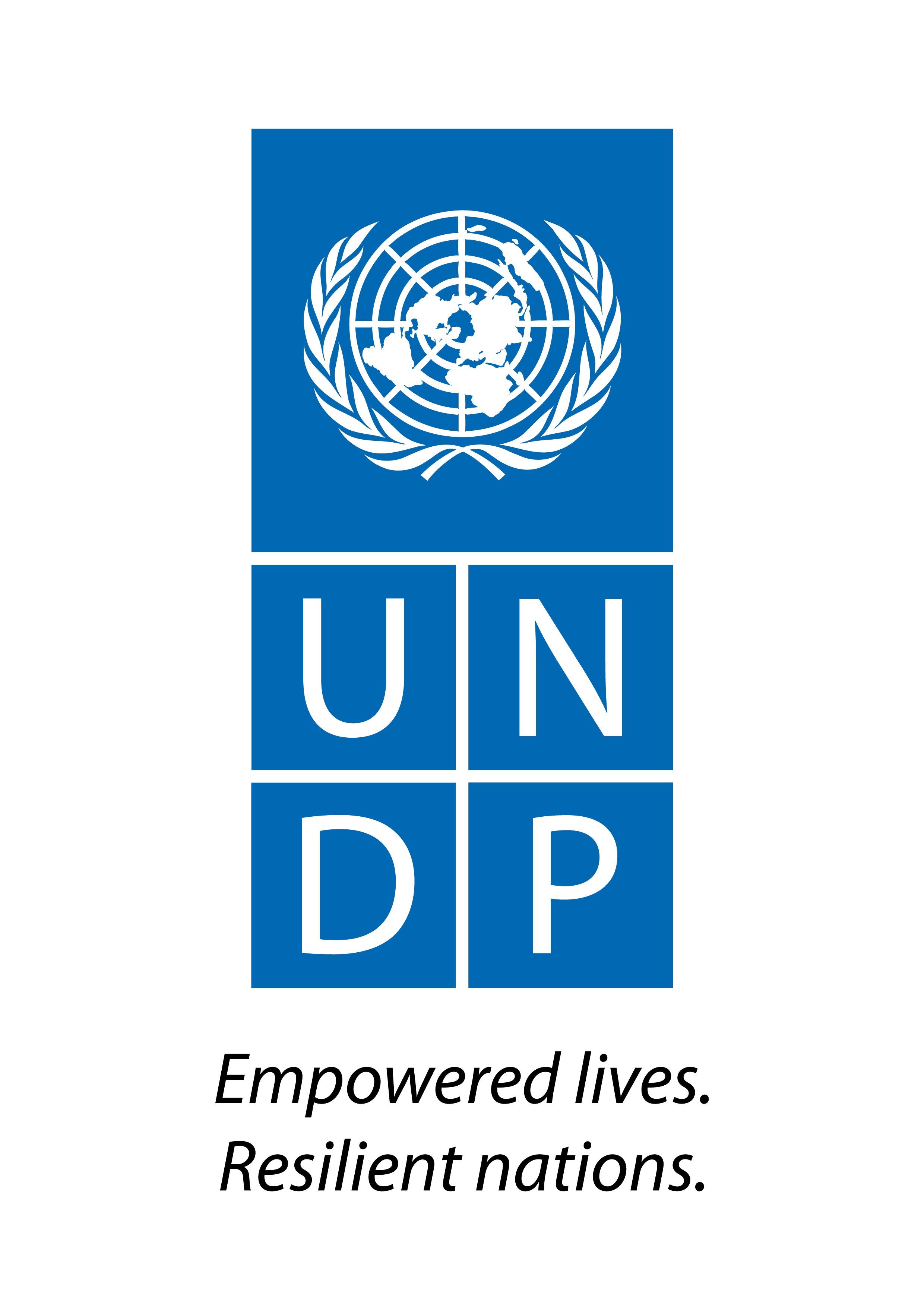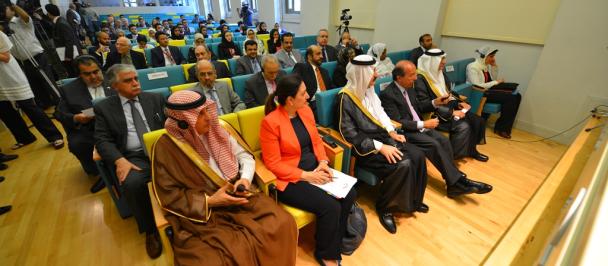Saudi Arabia has witnessed remarkable development over the decades that have positively impacted all aspects of life throughout the Kingdom. Extensive and advanced infrastructure projects have been implemented, resulting in the Kingdom moving from an underdeveloped status to a middle-income country with all the means of a promising and sustainable future.
The Ministry of Municipal & Rural Affairs (MOMRA) is entrusted with the oversight and regulation of municipalities across the country's cities, towns, and villages. It is also responsible for planning and implementation of urban development, including that of providing roads and enhancing cities by improving municipal and rural areas while maintaining the environmental cleanliness and health in the Kingdom.
Since 2016, the United Nations Development Program (UNDP) has supported MOMRA in its National Spatial Strategy program (NSS). The overall goal of the NSS is to achieve balanced development in the Kingdom of Saudi Arabia and to build substantial linkages between rural and urban areas.
The UNDP had a long history of supporting the deputyship of town planning in the formulation and support of the NSS. UNDP has supported the current NSS update through technical assistance, capacity building, and trendsetting program activations, which offer the best international practices to MOMRA.
There are 20 sectors involved in the program, including specific targets that result in high-impact future planning projects that align with the Kingdoms objectives.
The UNDP SA office, confident in its approach due to its experience, was tasked by MOMRA to lead. This was a vital responsibility that has allowed the UNDP to present its mature visions and valued expertise. The UNDP has taken a principal role in developing the critical project document, utilizing its extensive experience in dealing with urban planning over the last 25 years.
The UNDP offers support in many ways to MOMRA, ranging from program creation and management, expert advice, and experienced foresight. Its custom-built programming and varied processes flexibility ensure timely delivery of programs and deliverables.
What MOMRA seeks in support is an entity that can recognize the importance of an authentic urban code. This is a vital factor that proves that the supporting agency can reflect national pride in its work and respect culture and tradition.
The UNDP experience is far and wide. It supports local and regional based governments and ministries in reaching the desired goals via effective programming and capacity development initiatives.
For this particular program, the UNDP/UN-Habitat has continued to provide technical and substantive assistance, including competent experts' nomination to deliver the key functions under the project to ensure a successful outcome in project directives ambitions.
Since UNDP works and operates with a can-do attitude, it offers full coverage of development, empowerment, and an engaging process that meets international standards.
One of the UNDP Saudi Office's key roles has been that of project assurance. Guiding the annual performance and project reports that detail Key Performance Indicators and various statistics that assure the program is on track for success and impact delivery.
Other supporting factors were the building of effective workshops, project formulation and capacity building, expert selection and recruitment and logistics,
Such an initiative set up by Saudi Arabia offers much to return to the Kingdom. In regards to MOMRA, the coloration between urbanization and economic growth is a very powerful combination. As such, the MOMRA initiative will have increasingly value-added contributions to the economy's functioning at both the national and provincial levels.
The UNDP understands and respects the importance of the "Urban code" by keeping its contribution and support authentic and nationalized. It works with its UN Fingerprint by being respectful, culturally aware, and with a can-do attitude that meets international standards.

 Locations
Locations


